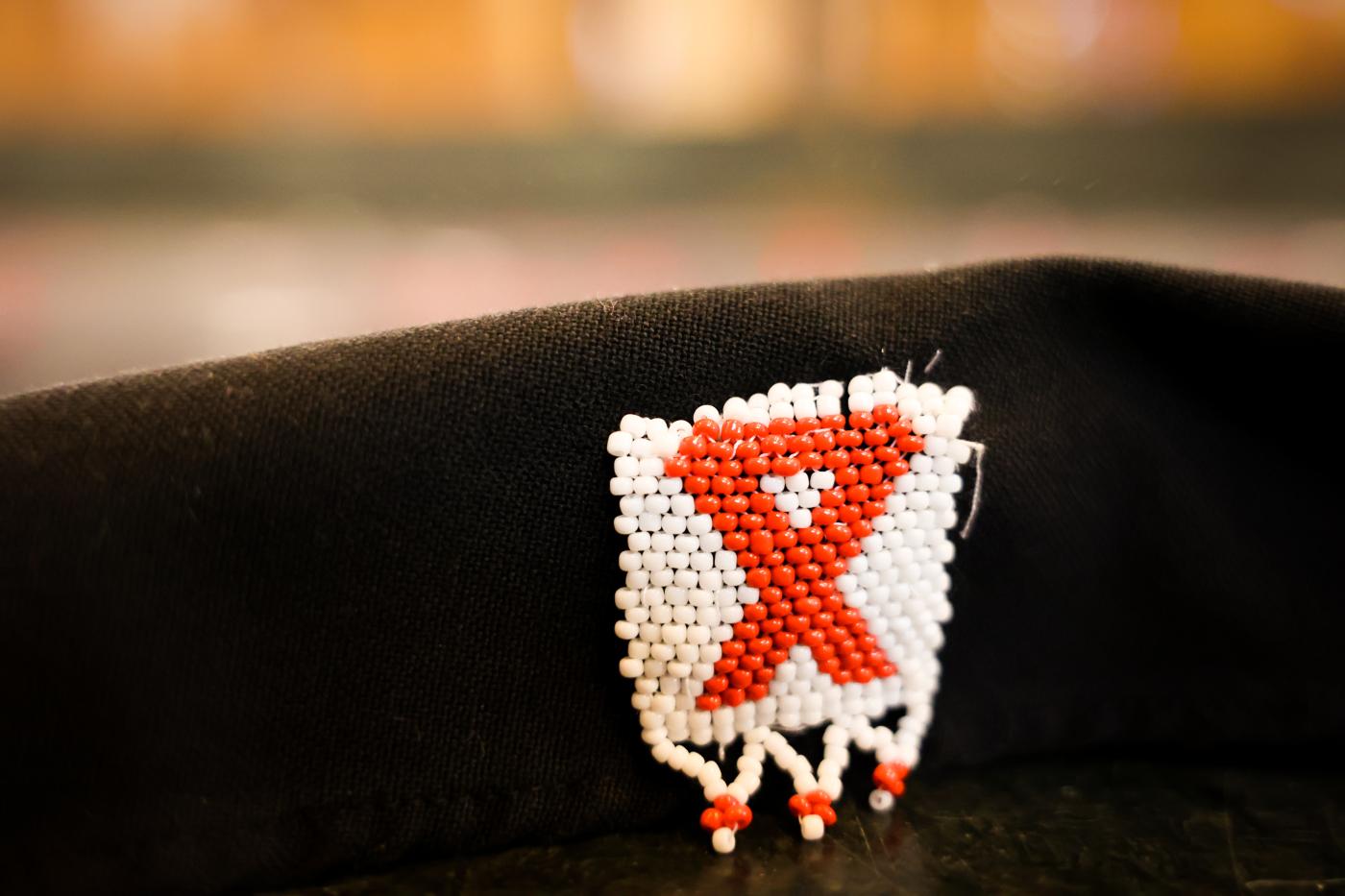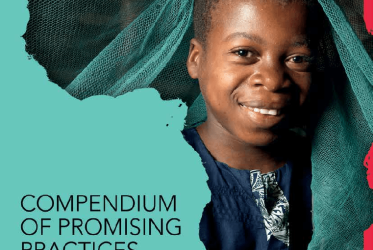Participants described how much they learned from the gathering. “To end stigma and discrimination against people living with HIV, it is something we have to do together—we cannot do it alone,” said Donald. “You have to involve the religious workers, the facilities, even the people living in the community as well.”
“What I'm taking from this meeting today is that my mind has changed,” said Victoria John. “My mindset has changed towards what I’ve seen before.”
Another participant, Mohammed, said: “I know what self-stigma and discrimination are all about, so I promise when I get to my own various places, I'll let my people know about it.”
Vivian said: “Stigma is something that is not supposed to be existing in our lives. We don't have to be stigmatising ourselves.”
Most Rev. Dr David Onuoha, Anglican archbishop of Owerri Ecclesiastical Province and the president of Christian Council of Nigeria, expressed deep concern for the numbers of young people living with HIV and the impact of stigma.
The workshop, co-organized by the Christian Council of Nigeria and the World Council of Churches, strengthened the skills of faith leaders and young people to prevent HIV, and helped create strategies to respond to HIV self-stigma.
“Nigeria has one of the largest HIV epidemics in the world,” explained Onuoha. “The Christian Council of Nigeria is part of a large network of organizations and states that are making commitments for the wellbeing of adolescents and young people.”
He also expressed his commitment to train young people and faith leaders on HIV prevention and response to HIV stigma.
“Stigma is one of the main remaining barriers limiting the HIV response,” Onuoha said, “It is caused by lack of information on HIV pre-existing stigmas and inequalities.”
He pointed out that stigma also happens in faith settings. “Faith communities have to be a place of healing for all people living with HIV, especially for young people,” he urged. “It is our duty to extend compassionate love to the most vulnerable; it is our calling to make communities safer for young people and for all.”







